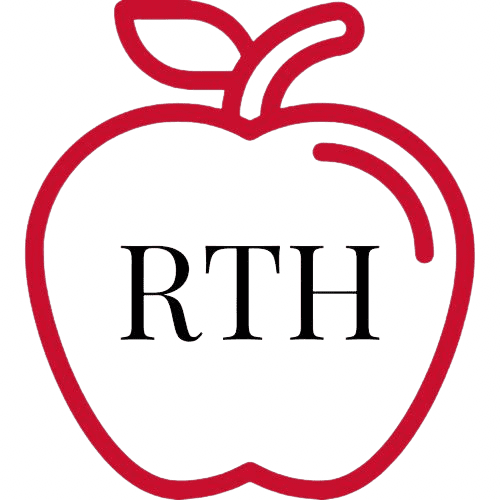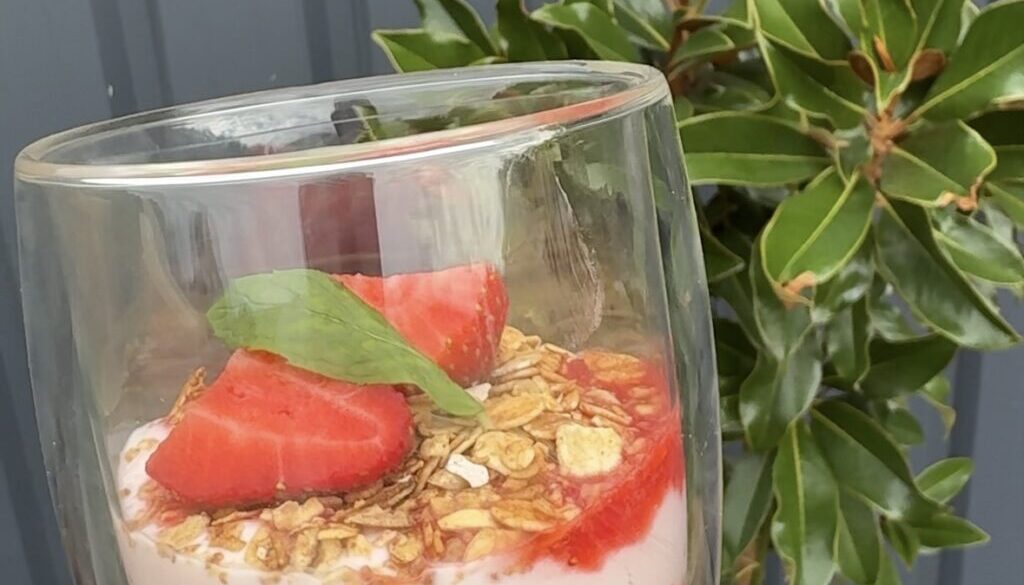I’m “good” during the day with food, but “lose control” at night. Why does this keep happening?
Do you find yourself following a meal plan closely during the day, but when it comes to night time, you find yourself hungry and end up overeating?
I understand because i’ve been there before!
This can leave you feeling frustrated and defeated. But i’m here to show you why this is happening and what can you do about it. 👇
Not eating enough during the day
Particularly when you have a busy schedule, it can be easy to fall into the trap of not eating enough during the day, such as skipping breakfast when you’re in a rush, or working through your lunch break. Because you’re usually occupied with lots of other things during the day, there’s not much time to think about food. And when food is not readily available, this makes it easier not to eat. On the other hand, at night time you might not be doing much and at home food is usually always available. So instead, it’s harder to not think about food since there are less distractions.
If this sounds familiar, it’s a good idea to think about if you’re eating enough during the day. If you have a busy schedule that leaves less time to prepare meals – things like ready made meals, on the go breakfasts and pre-prepared foods can really help. This could look like preparing overnight oats for breakfast, or utilising pre-made salads and sandwiches from a supermarket. Having filling snacks on you can also help, such as a piece of fruit or protein bars.
Meal plan is too restrictive
Having an “all or nothing” approach to nutrition can feel motivating at first, but after a while you will start to feel restricted and more likely to end up overeating and feel like you’ve “failed”. It can also be a problem if you’re hyper focused during the day on following the plan “perfectly” that it’s hard to not think about foods you enjoy that you’re restricting yourself from, that once you have access to these foods you’ll end up overeating. But if you give yourself unconditional permission to eat all the foods you enjoy during the day, you’re actually more likely to eat them in moderation.
It can be helpful to include your favourite foods in your meals and snacks during the day, and even pair it with something more filling and nutrient dense. An example can be having a packet of potato chips with hummus and veggie sticks.
Emotional and boredom eating
Because you often have less distractions during the night and there’s not much to do, you might find yourself eating out of boredom or as a way of coping with emotions, particularly if you had a bad day. Having a routine during the night can help with this, as well as having other strategies to cope with emotions. For example, you might find journaling as part of your routine can help process your emotions and wind down before bed, or doing some gentle exercise such as yoga or walking.
Our programs provide you with weekly nutrition plans based on your schedule and preferences, and won’t make you feel restricted. We provide 1-on-1 coaching and support addressing issues you experience with food and nutrition including boredom and emotional eating.




